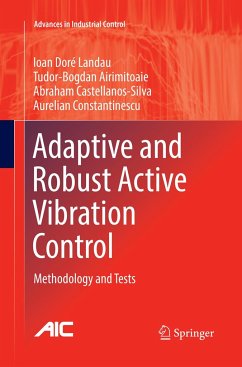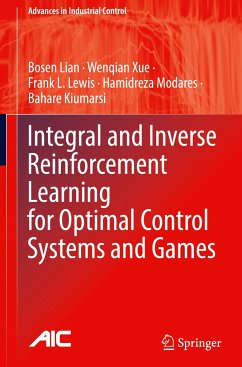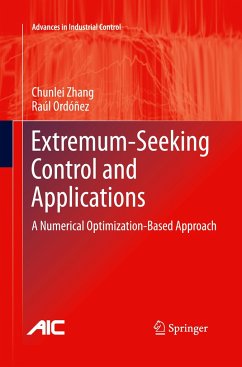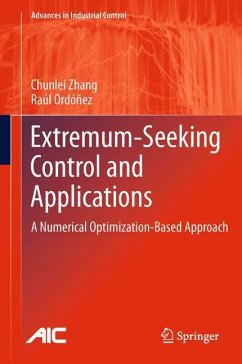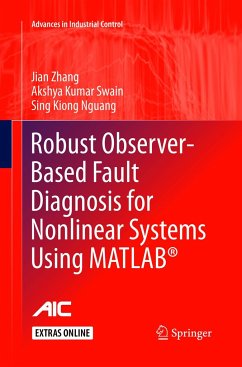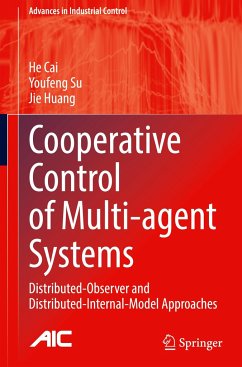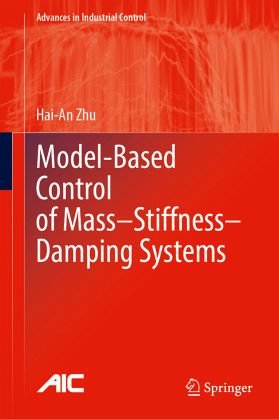
Model-Based Control of Mass-Stiffness-Damping Systems

PAYBACK Punkte
60 °P sammeln!
This book provides a comprehensive and practical framework for model-based control of MKC (mass stiffness damping or mass spring damper) systems, emphasizing seamless integration of theory and application. It explores the intricacies of modeling and control strategies tailored to the complexities of MKC systems, prevalent in various industrial applications. Clear explanations and real-world examples equip readers with advanced techniques for enhancing system performance, robustness, and adaptability in the face of nonlinearities and uncertainties.Key topics include:fundamentals of MKC system m...
This book provides a comprehensive and practical framework for model-based control of MKC (mass stiffness damping or mass spring damper) systems, emphasizing seamless integration of theory and application. It explores the intricacies of modeling and control strategies tailored to the complexities of MKC systems, prevalent in various industrial applications. Clear explanations and real-world examples equip readers with advanced techniques for enhancing system performance, robustness, and adaptability in the face of nonlinearities and uncertainties.
Key topics include:
fundamentals of MKC system modeling;strategies for feedback linearization and dynamic decoupling; androbust control techniques essential for managing real-world systems.
This book is an important resource for anyone dealing with multivariable systems, introducing innovative approaches to disturbance and uncertainty reduction, and decentralized adaptive pole placement. It addresses the need for robustand adaptable control strategies that can handle the inherent complexities and uncertainties of MKC systems, often encountered in industries like robotics, automotive engineering, and aerospace. Collectively, these topics help engineers and researchers deal with common challenges in designing controllers for systems with complex dynamics and interactions.
Model-Based Control of Mass Stiffness Damping Systems is valuable for control engineers, researchers, and postgraduate st
Key topics include:
fundamentals of MKC system modeling;strategies for feedback linearization and dynamic decoupling; androbust control techniques essential for managing real-world systems.
This book is an important resource for anyone dealing with multivariable systems, introducing innovative approaches to disturbance and uncertainty reduction, and decentralized adaptive pole placement. It addresses the need for robustand adaptable control strategies that can handle the inherent complexities and uncertainties of MKC systems, often encountered in industries like robotics, automotive engineering, and aerospace. Collectively, these topics help engineers and researchers deal with common challenges in designing controllers for systems with complex dynamics and interactions.
Model-Based Control of Mass Stiffness Damping Systems is valuable for control engineers, researchers, and postgraduate st



